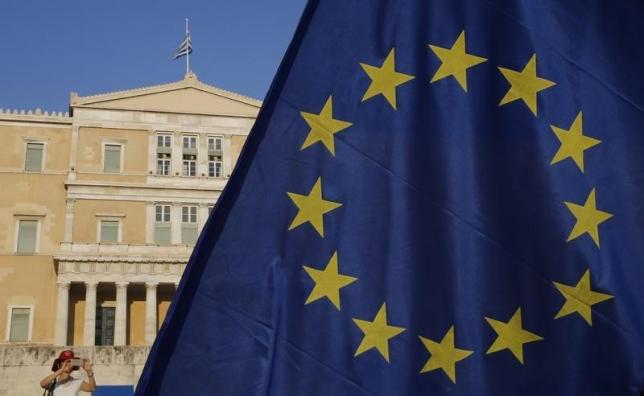European Union is poised to restrict passport-free travel
Brussels, February 12
European Union countries are poised to restrict passport-free travel by invoking an emergency rule to impose controls at several borders for two more years because of migration crisis, as per EU documents seen by Associated Press.
The switch will reverse a decades-old trend of expanding passport-free travel in Europe.
Since 1995, people have been able to cross borders among Schengen Area member countries without document checks. Each of the current 26 countries in the Schengen Area is allowed to unilaterally put up border controls for a maximum of six months, but that time limit can be extended for up to two years if a member is found to be failing to protect its borders.
The documents show that EU policy makers are preparing to make unprecedented use of an emergency provision by declaring that Greece is failing to sufficiently protect its border. Some 2,000 people are still arriving daily on Greek islands in smugglers’ boats from Turkey, most of them keen to move to wealthier European countries like Germany and Sweden.
An European official showed the documents to the AP on condition of anonymity because the documents are confidential. Greek government officials declined to comment on the content of documents not made public.
In Brussels today, EU nations acknowledged that the overall functioning of Schengen ‘is at serious risk’ and said Greece must make further efforts to deal with the migrant crisis at its source.
European inspectors visited Greek border sites in November and gave Athens until early May to upgrade the border management on its islands. Two draft assessments forwarded to the Greek government in early January indicated Athens was making progress, although they noted ‘important shortcomings’ in handling migrant flows.
But with asylum-seekers still coming at a pace 10 times that of January 2015, European countries are reluctant to dismantle their emergency border controls. And if they keep them in place without authorisation, EU officials fear the entire concept of the open-travel zone could be brought down.
In today’s statement too, the EU told Greece ‘that given the scale of the situation, further efforts are needed’.






